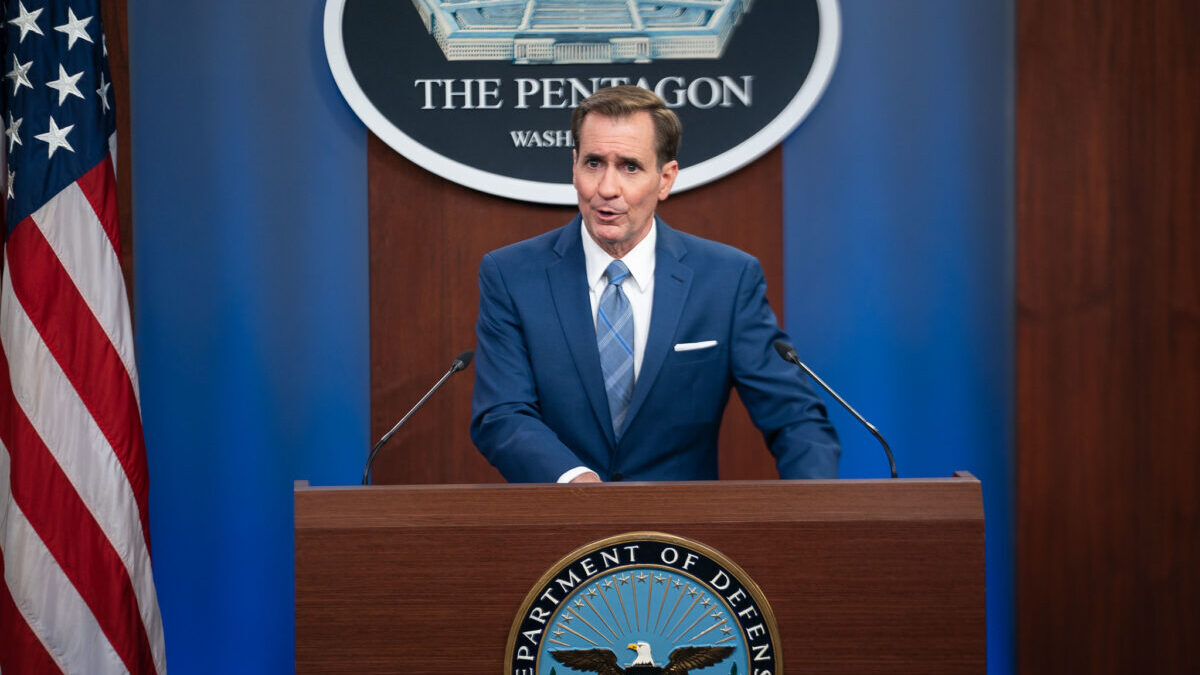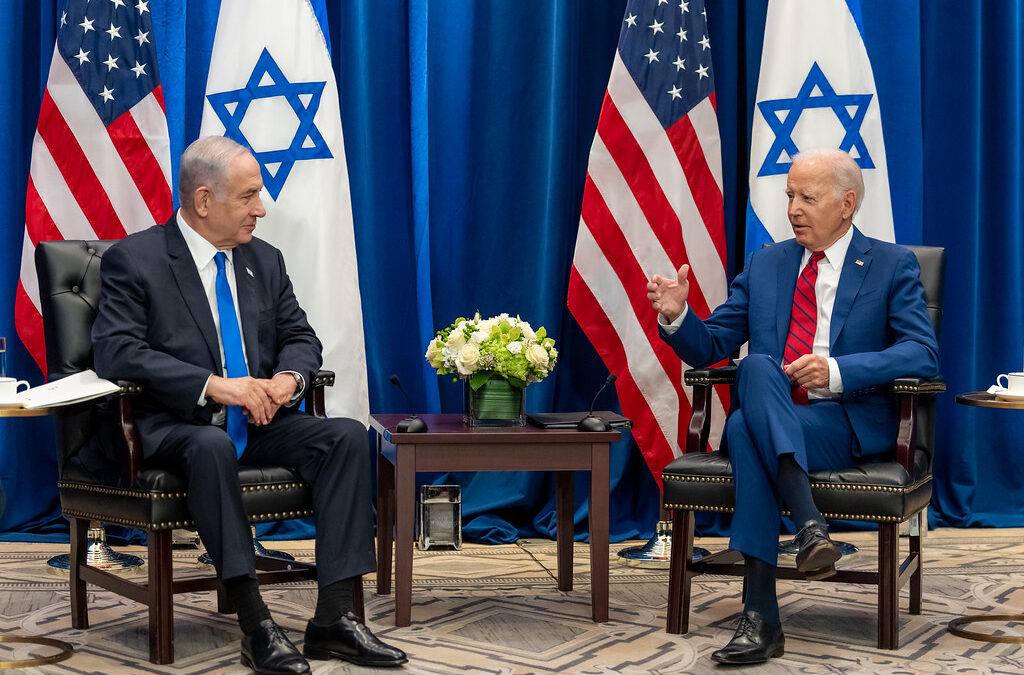
While his critics claim the president “eyes the exits” from the Middle East, they excoriate him for “abdicating a strong U.S. role” in the region, which some claim is enabling China’s rise. This common characterization of Trump’s foreign policy may be worrisome, but it is also demonstrably wrong.
Far from eyeing the exits, Trump continues a concerning trend of deepening U.S. military involvement in the Middle East. As important, Chinese activity beyond its borders is not inherently threatening to America. The twin narratives of Trump “abandoning” the Middle East and that any Chinese presence is a threat to America are false—and dangerously so.
A moment’s thought exposes the charge of Trump deserting the Middle East as nonsense. Since May 2019, his administration has increased U.S. troops in the region by 14,000, bringing the number to well more than 50,000, and another 14,000 may soon be deployed. There is no security threat in the Middle East that justifies these deployment levels, but the absence of a credible threat doesn’t seem to matter in Washington.
This is particularly evident in Syria, perhaps our most pointless deployment at the moment. The argument for staying in Syria is twofold: that we need to “finish the job” against the Islamic State, and to “counter Iran.” As I observed during four combat deployments in the region, it is beyond absurd to suggest a tiny contingent of U.S. troops in the vast expanse of Syria has the slightest chance of “defeating” a shadowy insurgent group, which ISIS has now become.
Indefinite occupation of foreign lands by U.S. troops is flatly the wrong tool for the job, as nearly two decades of history in Iraq—where ISIS originated during U.S. intervention—and Afghanistan—where the Taliban has grown to its strongest level since 2001—have shown.
If Washington cannot defeat insurgent groups with hundreds of thousands of troops in countries where it had the full support of the host government and the entire local security apparatus, what would suggest it can succeed in Syria with a fraction of force strength surrounded by a hostile local regime? Ignoring these realities and presumptuously trying to force a military solution to a non-military problem condemns us to permanent failure and prolongs Syria’s chaos.
The truth is, we don’t need combat troops in the Middle East to keep us safe at home. The small remnants of ISIS in the shadows of Iraq and Syria are a marginal threat to Baghdad and Damascus, but not America. They have neither the capacity nor the ability to attack the United States.
America and our interests around the world are effectively protected from ISIS (and terrorism more broadly) by our unrivaled global ISR-Strike capability and increasingly effective cooperation among our federal, state, and local law enforcement agencies. It is unnecessary—and therefore indefensible—to keep U.S. troops fighting in strategically irrelevant Syria and neighboring states.
It is also unwise to react in fear to every move China makes in the region. Michael Mulroy, then-deputy assistant secretary of defense, told Financial Times last August he was concerned Beijing could use financial ties in the Middle East to “erode U.S. military advantages.” Washington is concerned, he said, that some Middle Eastern countries’ “economic interests may blind them to the negative implications of some Chinese investments,” like the theft of intellectual property rights.
Chinese business espionage and cybercrimes are no joke and require serious attention and countermeasures. Yet Mulroy’s clear implication as a representative of the Pentagon—and similar views the State Department shares—is that the way to address these (mainly cyber) threats is to keep physical combat troops stationed in the Mideast.
That proposal is reckless and bizarre. Such use of the American armed forces does nothing to address or deter Chinese business theft. It merely drains our country of billions in defense expenditures, puts our troops in unnecessary danger, risks needless great power conflict, and limits our ability to prepare for potential existential threats that could arise elsewhere.
Out-competing China and holding Beijing accountable for cybercrimes worldwide is the way to defend our business interests. Keeping combat troops in the Middle East forever is not.
It is time we stopped pretending this administration is ending U.S. military intervention in the Mideast when the opposite is plainly evident. We must recognize that our interests are not served by keeping thousands of American troops deployed indefinitely. This is not the best way to fight terrorism or balance a rising China. The most rational course of action is to withdraw all combat troops from the Middle East.









